‘Inspire more young people’
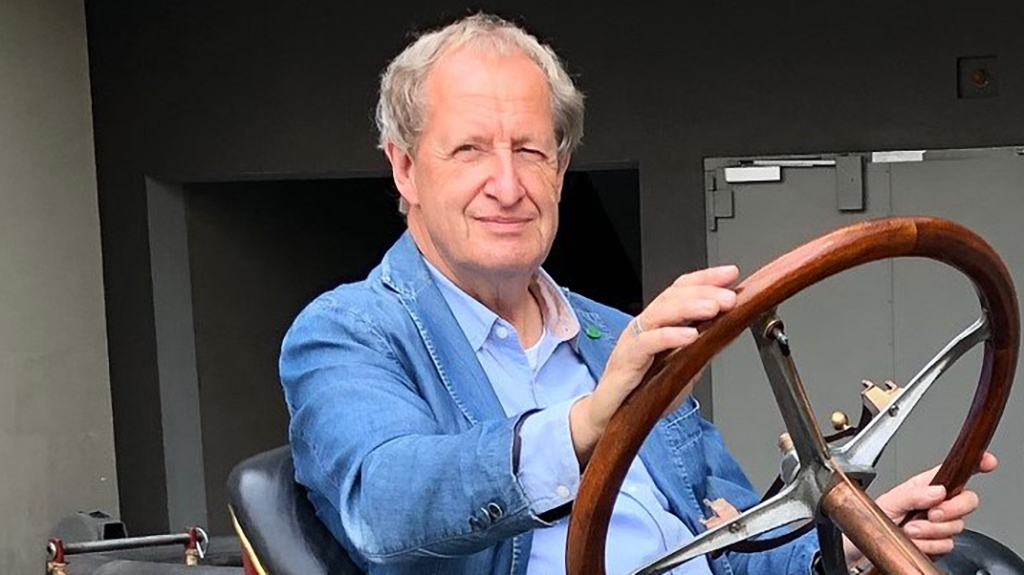
‘FIVA, as the global historic vehicle enthusiasts movement, sees several challenges. Of course, for a flourishing classic car market one needs a flourishing economy. But even in in difficult times, marked by the pandemic and a terrible war in Europe, the sector has shown resilience. The biggest task for us is to keep yesterday's vehicles on the road, when combustion-engine cars will become a rarity, and when autonomous cars will increasingly be in daily traffic. But this development is a matter of decades. The best way to safeguard our future is to captivate even more young people for our passion. We are working hard on this! Because best would be, if the rising generations will find it cool to enjoy driving a classic car or motorbike, as something sensational compared with modern vehicles that offer efficient transport solutions, but not much driving fun.’
‘Demand is high’
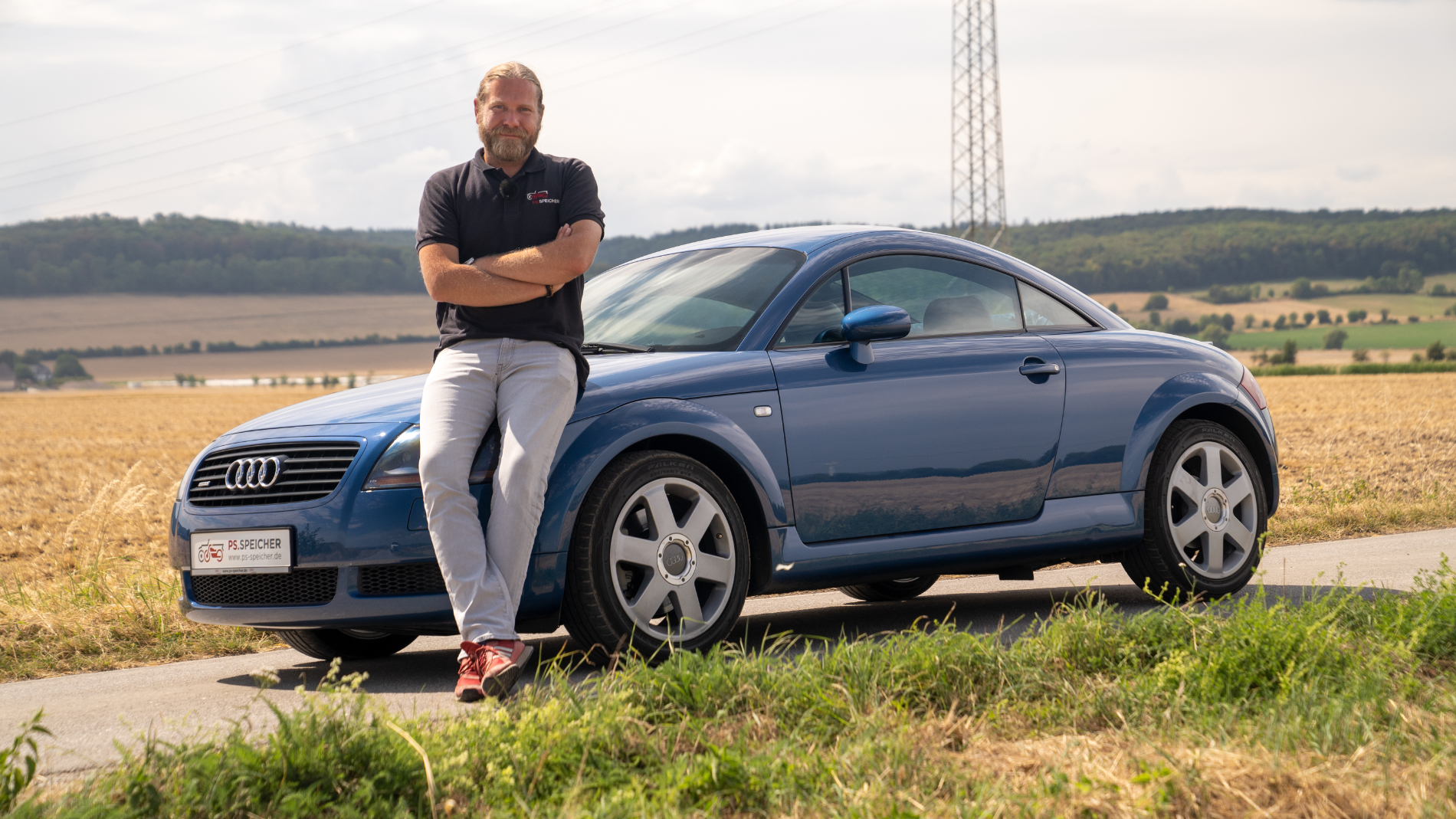
‘The trend is set: After vehicles from the 1980s experienced a boom in recent years, it is now the turn of the 90s and the 00s. It is difficult to find good vehicles on the market, because the demand for performance models and limited editions is high. Keeping these vehicles in good technical condition is even more difficult. Control units, sensors and other electrical components can quickly fail and spare parts become scarce.’
‘Pure collectors and curious dreamers’
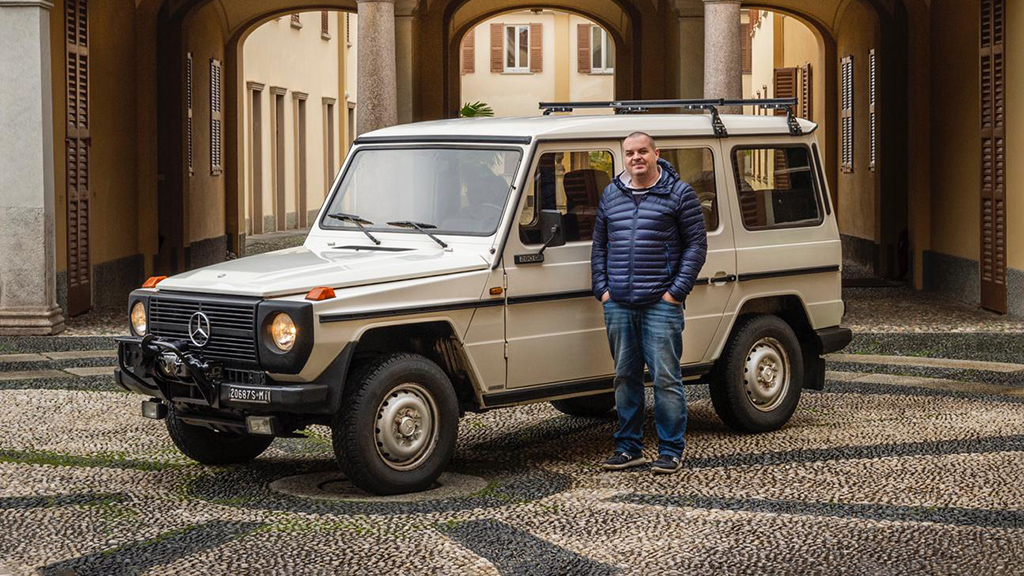
‘With minimal difficulties, the multi-billion dollar market for classic vehicles has been holding its own for decades now. This is confirmed by a full calendar of events organised every week between trade shows, auctions (online or otherwise) and oldtimer's meetings. What is changing in this very last period are certain 'horizons'. For example, in the past there used to be a lot of interest in pre-war vehicles, now diminishing due to the generational change: some of today's 40-year-olds prefer the vehicles of their childhood, the so-called ‘youngtimers’. At European level, especially in Germany, Holland, Belgium and France, the culture of the vintage vehicle and completely original (preferably in first paint or unrestored) is very common. In the classic car market in Italy, we find pure collectors but also ‘curious dreamers’. Therefore, the quality of 'sincere' vehicles in circulation in Italy is decreasing and the need of genuine professional restoration is high. Finally, although due to generational rejuvenation, it may seem that searching for the right vehicles on the web is making a comeback, I emphasise how seeing, smelling and touching classic cars in person is always another story.’
‘The classic car market continues to grow’

‘The international classic car market continues to grow. Its diversity has no limits. Restoration that that is loyal to the original, ‘better than old’ restoration, preserving and conserving the old substance of the car or redesigning it to suit your own tastes – anything is possible. I see challenges in the lack of skilled workers and also in the positioning of the scene to appeal to young enthusiasts. The scene itself is very fragmented with a few major players. “Classic” by BASF offers its own workshop segment for the classic car market with different processes and procedures than in accident repair. Good specialists are sought after and this segment needs to be showcased in a transparent and structured manner. True craftsmanship is still prized in this segment, leading to pride in one’s work. These factors play an important role when it comes to the challenges faced by the classic car industry.’
‘Qualification is the way’

‘The historic vehicle market remains buoyant, but we must adapt to change particularly engaging younger enthusiasts and youngtimers too. Skills development programmes are one route ensuring the transfer of skills from older craftsmen and women, creating job satisfaction and career opportunities. We also need to expand environmental and social programmes to demonstrate the historic vehicle movement cares for the 21st century.’
‘Reproduction of spare parts’
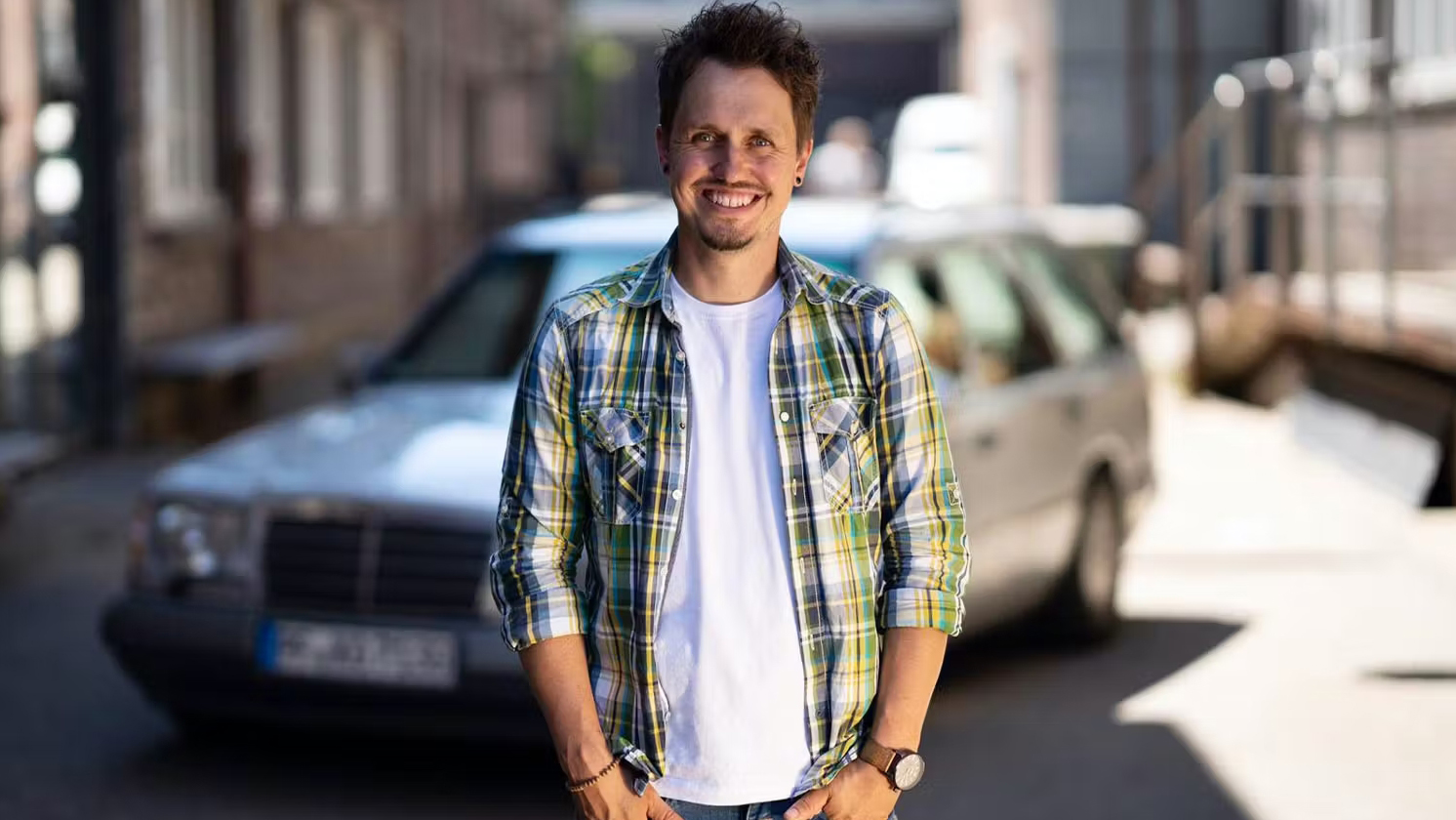
‘We think that the number of classic cars will increase considerably. The mass-produced models of the 1990s will gradually start to fall into the classic and modern classic categories. These vehicles are not only kept in enthusiasts’ garages, but are also often in daily use. Despite this, an ever increasing number of car manufacturers are discontinuing their spare parts supply for these cars. And it is exactly this hurdle that we are dedicated to overcoming by aiming to provide a comprehensive supply of spare parts as well as care and accessory products – to enable and guarantee the operation and preservation of every vehicle ever made. It doesn’t matter to us whether it is a piston for a Pagoda or a cooler for a 1990s SL 500.’
‘Selling and buying is becoming global’
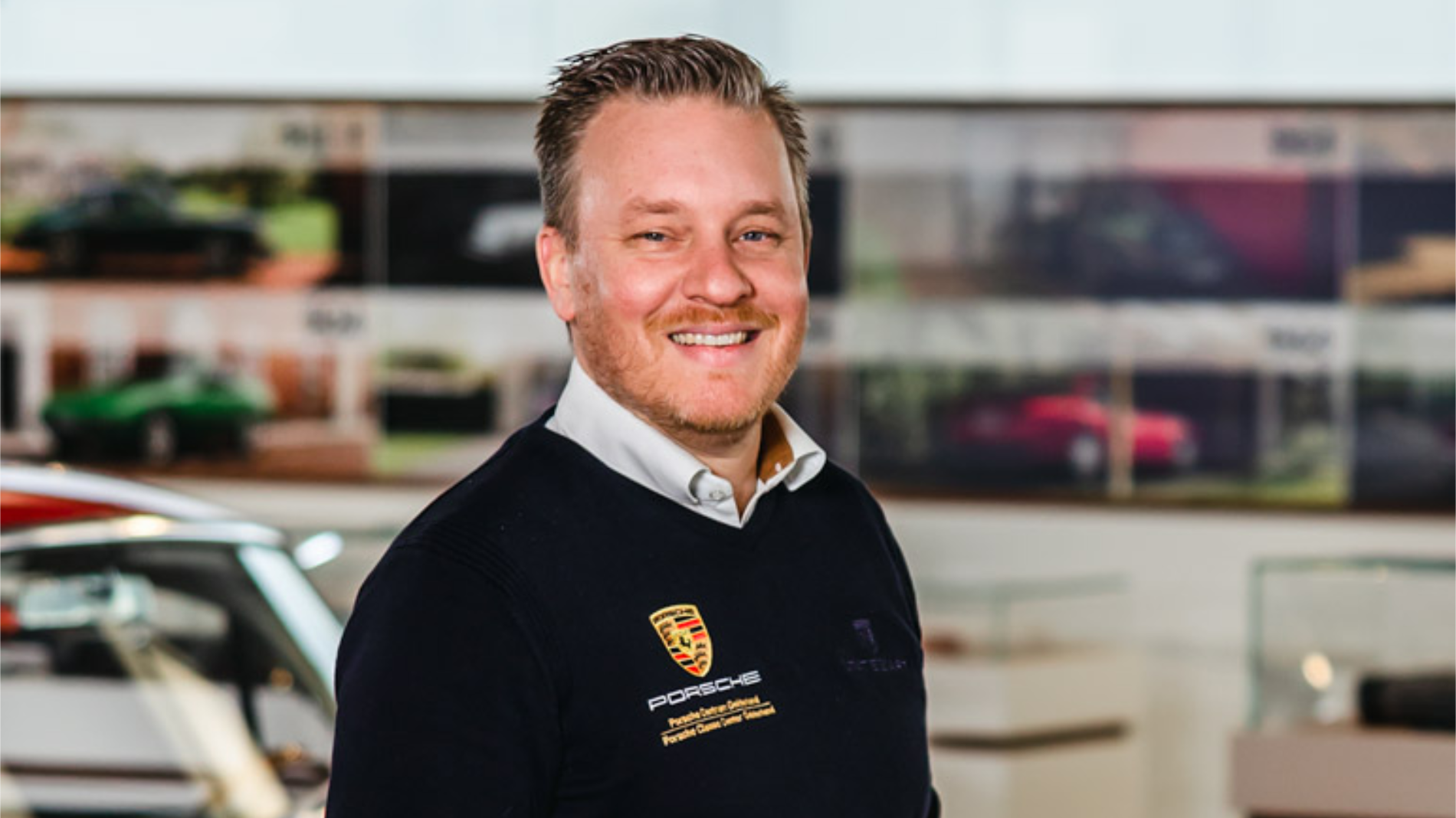
‘Selling and buying is becoming more and more global. A few years back, it was unthinkable for buyer and seller not to meet in real life. Today, this is certainly no longer the case. One challenge is to be able to trust as buyer and seller. It would be interesting to have a "code" for this internationally.’
‘The future needs the past.’
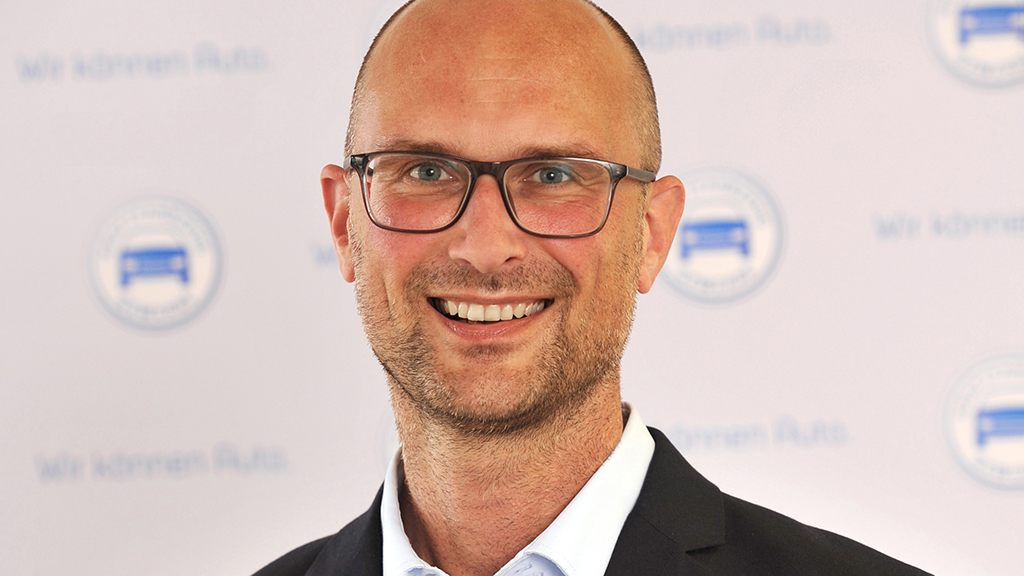
‘Across Germany, classic and modern classic cars are serviced, maintained, repaired and restored by over 760 companies certified as a “Specialist company for historic vehicles”. Sustainability, value retention and preserving automotive traditions play an important role in this. If you don’t know your past, you can only poorly assess the present and will be unable to shape the future in any meaningful way. The specific lack of skilled workers in classic car garages and the passing on of knowledge are the major challenges facing garages. High-quality training, continuous education and, last but not least, the new qualification ‘Restorer in the automotive industry’ are some of the ways in which the industry is working together to counter this shortage.’
‘Maintaining acceptance’
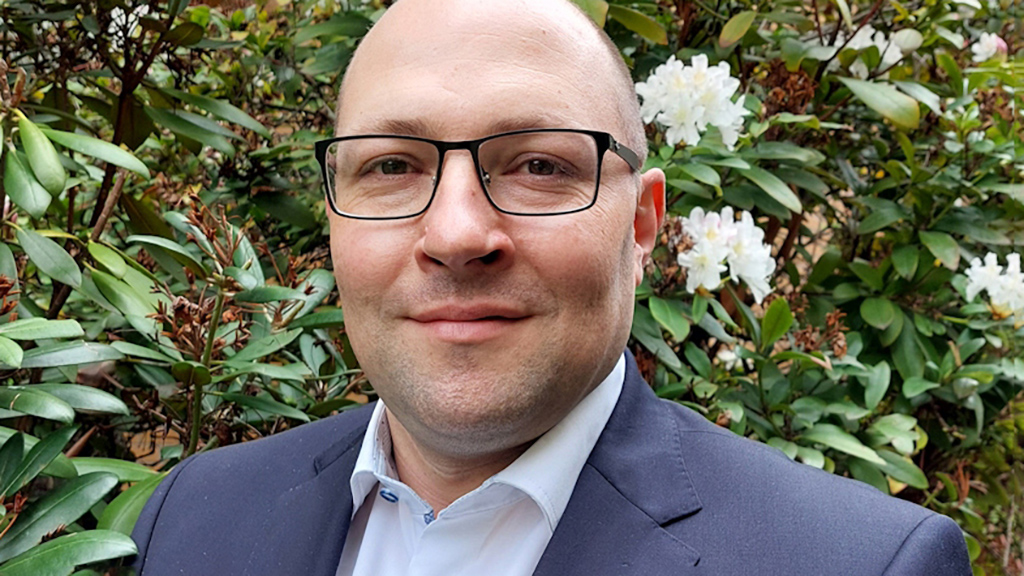
‘I think that the biggest challenge lies in ensuring continued acceptance of our cultural heritage. Vehicles that are 50, 60 or 70 years old are in my opinion much more sustainable than newly built vehicles if they are well cared for and not driven too often. It is important for the future that these vehicles can continue to be driven.’
‘Spare parts are a challenge’
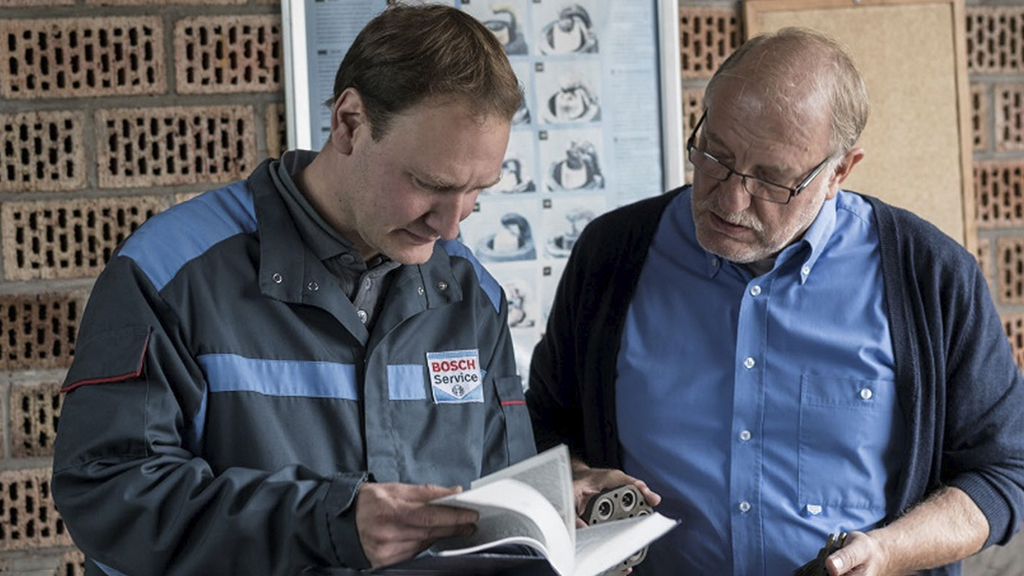
‘We focus primarily on maintenance, mixture preparation and ignition systems for post-war cars. Our challenge lies in how to impart existing knowledge and the necessary technical skills to the younger generation. Furthermore, technical data and testing equipment must be carefully maintained as without these, repairs and diagnostics cannot be carried out on either classic or modern classic cars. Another major challenge is procuring sufficiently high-quality spare parts for this vehicle segment.’